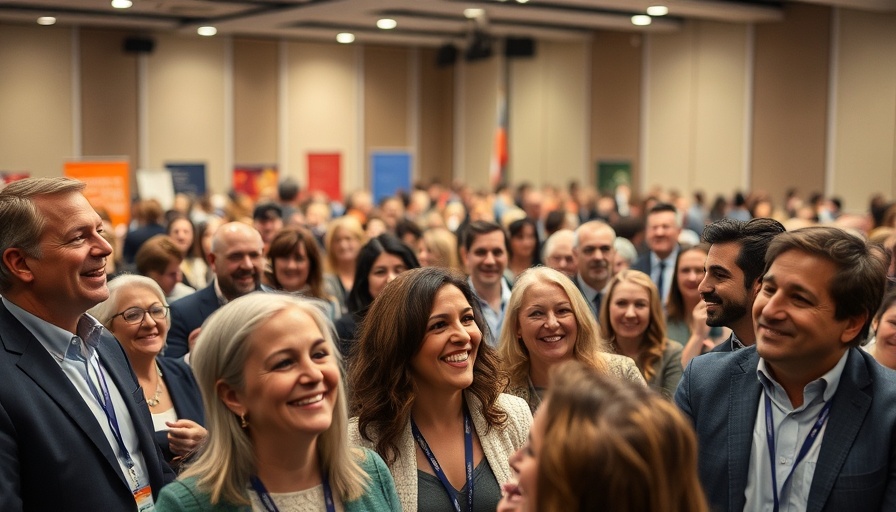
Opposition Parties Unite Against Proposed VAT Hike Amid Economic Struggles
As South Africa approaches an urgent budget announcement, the political landscape has become highly charged with opposition leaders vocal against any proposed increase in Value-Added Tax (VAT). The Democratic Alliance (DA) stands at the forefront of this dissent, characterizing such tax hikes as detrimental to already struggling South African citizens.
Finance Minister Enoch Godongwana is scheduled to present the 2025 Budget Speech, and there are looming concerns regarding his proposal to raise VAT by 2% to address a projected R60 billion budget shortfall. The DA's viewpoint is that this is not the solution to the country’s financial woes. Spokesperson Karabo Khakhau emphasized that the poorest and the middle class will be hit the hardest. He remarked, “We know very well that the people who are going to feel the hardest pinch of a VAT increase right now are poor South Africans and the middle class.”
The opposition's unified front includes various parties from the Government of National Unity (GNU) such as the Economic Freedom Fighters (EFF) and Freedom Front Plus (FF Plus), all opposing the justification presented by Godongwana with claims of a balanced approach towards increasing taxes while managing social services.
Historical Context and Economic Implications of VAT Increases
The longstanding issue of VAT in South Africa is intertwined with the legacy of socio-economic disparities established during apartheid. Any increment in this tax disproportionately burdens lower-income households that already allocate a larger portion of their earnings to consumption. Previous increases have prompted discussions about the efficacy of VAT as a revenue-generating measure in a time of escalating poverty.
The South African economy, struggling under duress from high unemployment and inflation, finds itself at a crossroads. Rising VAT rates see small businesses and consumers alike grappling with tightening budgets, increasing the risk of a deeper economic crisis.
A Coalition Government's Dilemma in Budget Decisions
With the DA and some alliance partners firmly against a VAT hike, the pressure mounts on the ANC-led coalition government. The very nature of a coalition calls for consensus, but recent history shows growing ideological rifts. Prominent opposition leaders are demanding more transparency and alternative approaches to enhance revenue generation, such as reducing waste in government spending and improving efficiency within the South African Revenue Service (SARS).
Counterarguments: Supporters of VAT Hikes and Alternative Proposals
Supporters of a VAT increase point to the necessity of finding immediate solutions to funding gaps that affect the delivery of essential services such as healthcare and education. They argue that an increase in VAT could be temporary and closely monitored. Additionally, alternative suggestions, like a wealth tax instead of broad-based consumption taxes, have emerged from some factions drawing attention to the need for a more equitable taxation system.
Future Predictions: What Lies Ahead for Tax Policy?
As the backdrop for the 2025 budget presentation is set with fervent protests against tax hikes, it remains crucial to predict potential outcomes from the Minister’s speech. Will the ANC yield to these pressures, or will they accelerate their push for policies anticipated to tighten the screws on financially distressed citizens? Speculation on this has heightened ahead of the upcoming elections, especially with the 2024 general elections around the corner.
Call to Action: Engaging in Democratic Participation
The political landscape is inevitably shaped by citizen engagement. The upcoming budget should be a catalyst for public discourse on economic equality and effective governance. South Africans are encouraged to voice their opinions to policymakers, demand transparency, and stay active in community discussions focused on fiscal policy changes.
 Add Row
Add Row  Add
Add 




Write A Comment